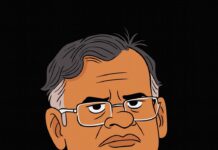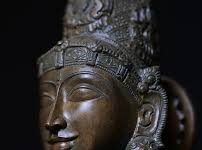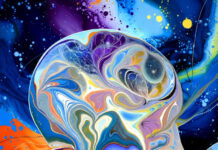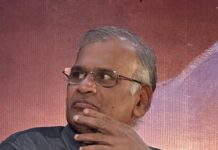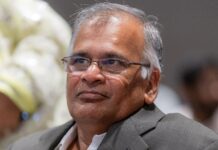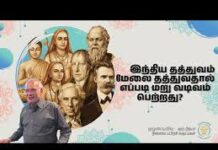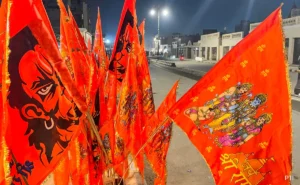 My article on radicalism in politics and its relationship with religion was published in the October issue of Frontline English magazine.
My article on radicalism in politics and its relationship with religion was published in the October issue of Frontline English magazine.
Hindutva is not Hinduism
Democratic forces must understand how cultural movements can evolve from idealism through populism to fascism if they are to capably counter the RSS.
I recently happened to watch two videos back to back: in one of them, the speaker labelled Vivekananda and Bharathiyar as “Sanghis”; in another, the scholar Maraimalai Adigal was described as a Tamil chauvinist. At first, I was startled, but then I realised that this was indicative of the general tendency of contemporary political narratives. Politics today has reached a state of intense polarisation that creates the base for extreme emotions—consolidated in the form of either passionate loyalty or virulent hatred.
Such polarisation is impossible to achieve without deliberate overgeneralisation and a broad-brush approach, which erase all nuance. In the absence of a balanced historical perspective, both sides readily mount an attack upon any neutral third party. Political discourse passes from scholars and intellectuals into the hands of shrill motormouths on either side. This way, both the party in power and the opposition end up sharing a similar mindset making the fascists as well as the anti-fascists guilty of adopting a monolithic stance.


